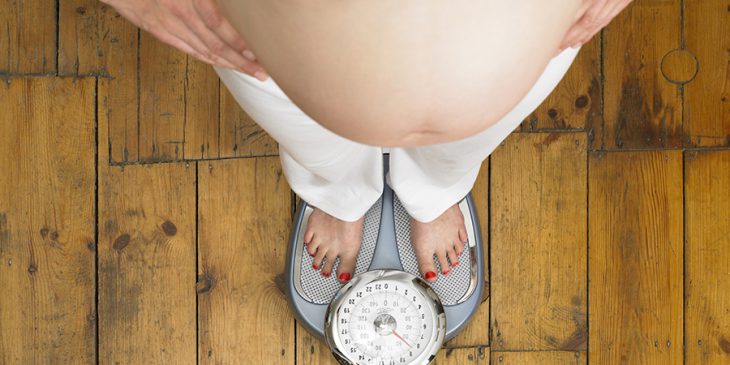There are a variety of factors that may influence a woman’s ability to become pregnant and to maintain a healthy pregnancy after conception. Circumstances related to age, stress, hormones, drug and alcohol use, and sexually transmitted infections are often brought into question, but in particular the impact of weight on fertility has left much to be discovered.
To help explain why overweight and obese women frequently endure fertility and pregnancy complications, we sat down with UPMC Magee-Womens Hospital’s Dr. Meredith Snook.
Are there issues regarding fertility for overweight or obese women?
A: We do know that overweight or obese women can be fertile. However, excess abdominal fat and weight can increase the risk for menstrual abnormalities, such as irregular cycles and ovulation dysfunction, which could make it more difficult for women to get pregnant.
A lot of women may find success with pregnancy if they can lose even just a little bit of weight, since this can sometimes be enough to resume ovulation and return their cycle back to normal. This does not always have to require a drastic loss, sometimes even dropping 10 pounds can be helpful. It’s not always easy for women to do this but thinking about potentially finding success and having a baby can be highly motivating for aspiring moms.
Why can it be harder for overweight or obese women to get pregnant even if they have a regular menstrual cycle?
A: We aren’t entirely sure, but we think one mechanism is that the estrogen created by excess fat tissue could be affecting the areas of the brain involved with ovulation. In addition, some studies have found that obesity may alter egg quality and is associated with poor embryo development. Obesity may change or alter the environment of the lining of the uterus, which could cause pregnancies to be less successful. Studies have also found a link between obesity and increased risk of pregnancy loss or complications with birth. Maternal obesity is strongly associated with conditions like preeclampsia, gestational diabetes and stillbirths.
Ovulation problems are often caused by polycystic ovary syndrome (PCOS)—does weight play a role in this?
A: Often, women with PCOS struggle with their weight, but not every woman with PCOS is overweight or obese. The typical PCOS patient can vary, yet many women within that category can overcome ovulation dysfunction with oral or even injected medications.
There are many thin women who have PCOS, and so weight cannot be deemed the only factor causing complications with this condition.
Can losing weight help women increase their chances of pregnancy?
A: Losing a little bit of weight, even 7% to 10% of a woman’s body weight, will sometimes help regulate the menstrual cycle, potentially increasing the ability to get pregnant. Often, medications to induce ovulation don’t work as well for obese women, and women with very high BMIs may experience difficulty with IVF treatments.
In general, women with BMIs over 30 can have irregular cycles and increased risk of miscarriage, birth defects and complications. My recommendations to women trying to lose weight include doing 150 minutes of moderate activity a week and establishing strategies to monitor calorie intake.
There are a variety of specific factors that go into conceiving and carrying out a healthy pregnancy. It is important for women to talk with their doctor to determine the best course of action based on their personal needs. To find resources and doctors at UPMC Magee, contact the Center for Fertility and Reproductive Endocrinology online or by calling 412-641-1600.









